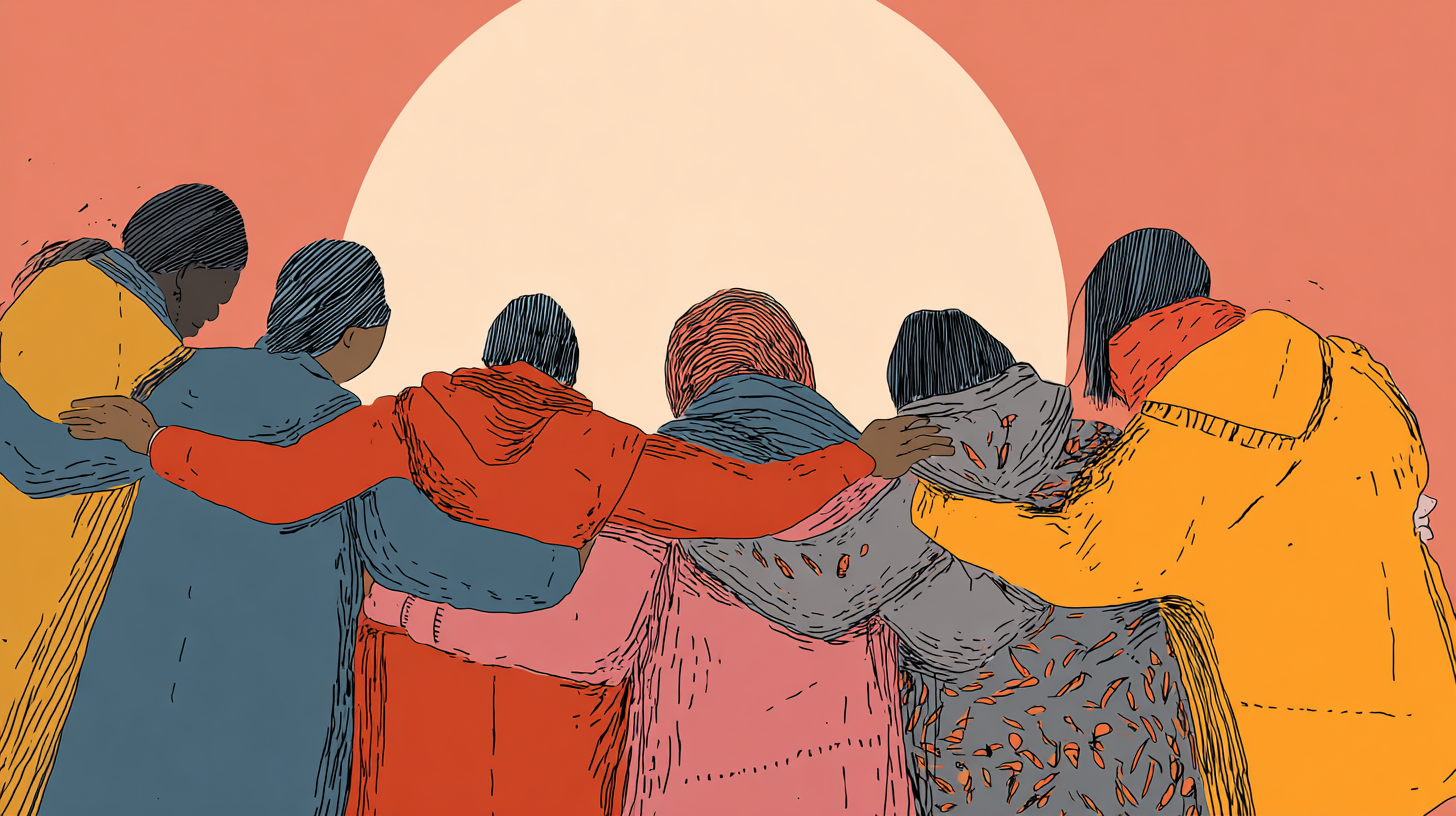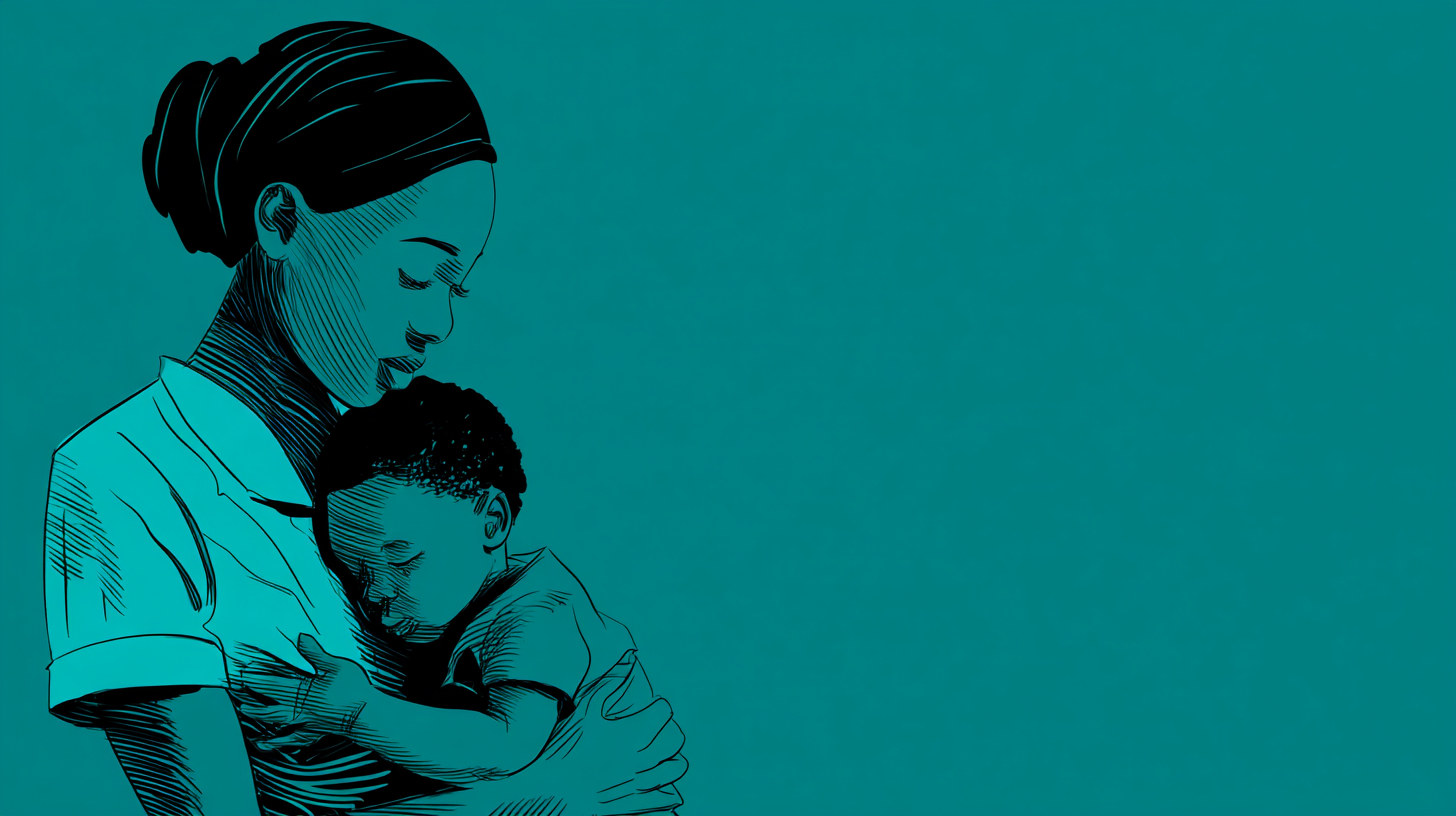peer learning
-
Investing in our shared future: learning, equity, and solidarity
For a decade, we have worked to transform how professionals learn, connect, and lead change. We have reached tens of thousands of participants in over 100 countries. If you have participated, you experienced the power of peer learning. When health and humanitarian workers support and learn from each other, they grow stronger. This speeds up…
Written by

-
Rethinking human resources for malaria control and elimination in Africa
The comprehensive policy review by Halima Mwenesi and colleagues “Rethinking human resources and capacity building needs for malaria control and elimination in Africa” argues that the stagnation in global malaria progress is fundamentally a human resources crisis rather than solely a biological or technical failure. The authors posit that the current workforce is insufficient in…
Written by

-
Evaluation of a capacity building intervention on malaria treatment for children
The study by Ayodele Jegede and colleagues “Evaluation of a capacity building intervention on malaria treatment for under-fives in rural health facilities in Niger State, Nigeria” provides a rigorous evaluation of a standard “cascade training” intervention. The intervention followed the classic global health model where national experts trained state trainers who then trained local government…
Written by

-
5 reasons why our current systems of learning are broken – and how to fix them
Reda Sadki’s writing explores how systems of learning matter when tackling complex challenges across global health, humanitarian aid, and education. Over twelve years of articles on his blog, he has built a cohesive argument for why our current systems of learning are broken and how we might fix them. Since 2016, his work at The…
Written by

-
Implementation science for planetary health
Remarks about implementation science for planetary health by Reda Sadki, Executive Director, The Geneva Learning Foundation at the Centre for Planetary Health’s research corner meeting, London School of Hygiene & Tropical Medicine (LSHTM) on December 17, 2025. Pauline Paterson (LSHTM): We are really delighted to welcome Reda Sadki. Reda is the Executive Director of the…
Written by

-
How can governments protect and promote mental health and well-being across sectors?
For decades, global health policy has approached mental illness primarily as a clinical challenge, a condition to be managed within the walls of hospitals and clinics by medical professionals. This biomedical focus, while essential, has often obscured the broader context in which mental health is shaped. A new publication from the World Health Organization, Guidance on…
Written by

-
Subnational tailoring of malaria strategies and interventions: bridging the gap between planning and implementation
The global malaria response is currently navigating a convergence of crises. Epidemiologically, the reduction in mortality has plateaued. Biologically, threats from Anopheles stephensi and partial artemisinin resistance are accelerating. Financially, the 2025 landscape is defined by a severe contraction in foreign assistance, necessitating a radical optimization of resources. In this context, the World Health Organization’s (WHO) new…
Written by

-
Retrouver les enfants congolais non-vaccinés: des acteurs de tout le pays lancent le premier Accélérateur zéro-dose pour renforcer la mise en oeuvre et le suivi
«Si je réussis mon projet de terrain, je m’attends à avoir au moins vacciné 345 enfants». Cet engagement n’a pas été pris par un ministre dans la capitale, mais par Jérémie Mpata Lumpungu, infirmier titulaire dans la province du Kasaï. Il n’était pas seul. Lundi 10 novembre 2025, un appel a résonné à travers la…
Written by

-
The future of work: remarks at the 9th 1M1B Impact Summit held at the United Nations in Geneva
On November 7, 2025, Reda Sadki, Executive Director of The Geneva Learning Foundation, joined the panel “The Future of Work: AI and Green Skills” at the 9th 1M1B Impact Summit held at the United Nations in Geneva. Moderated by Elizabeth Saunders, the discussion explored the rapid redefinition of the workforce by artificial intelligence and the…
Written by

